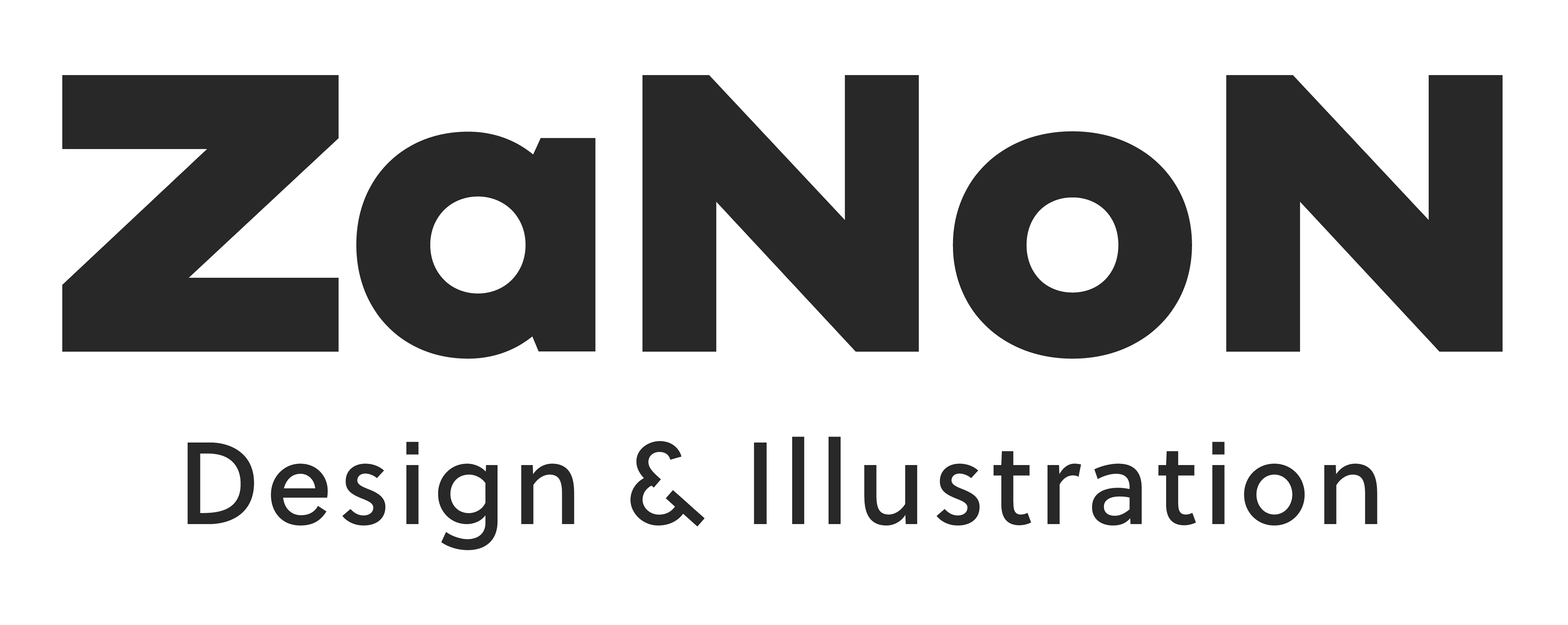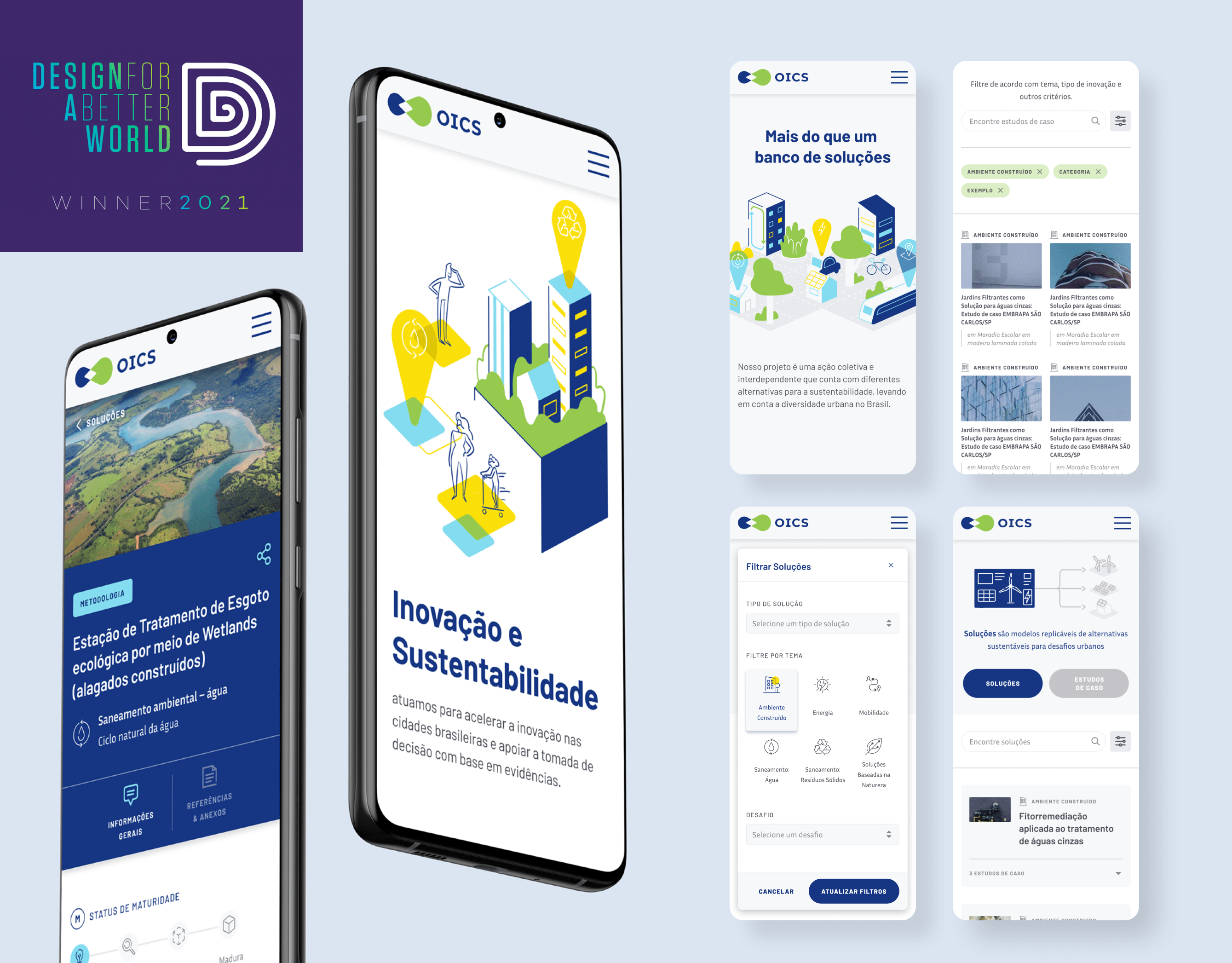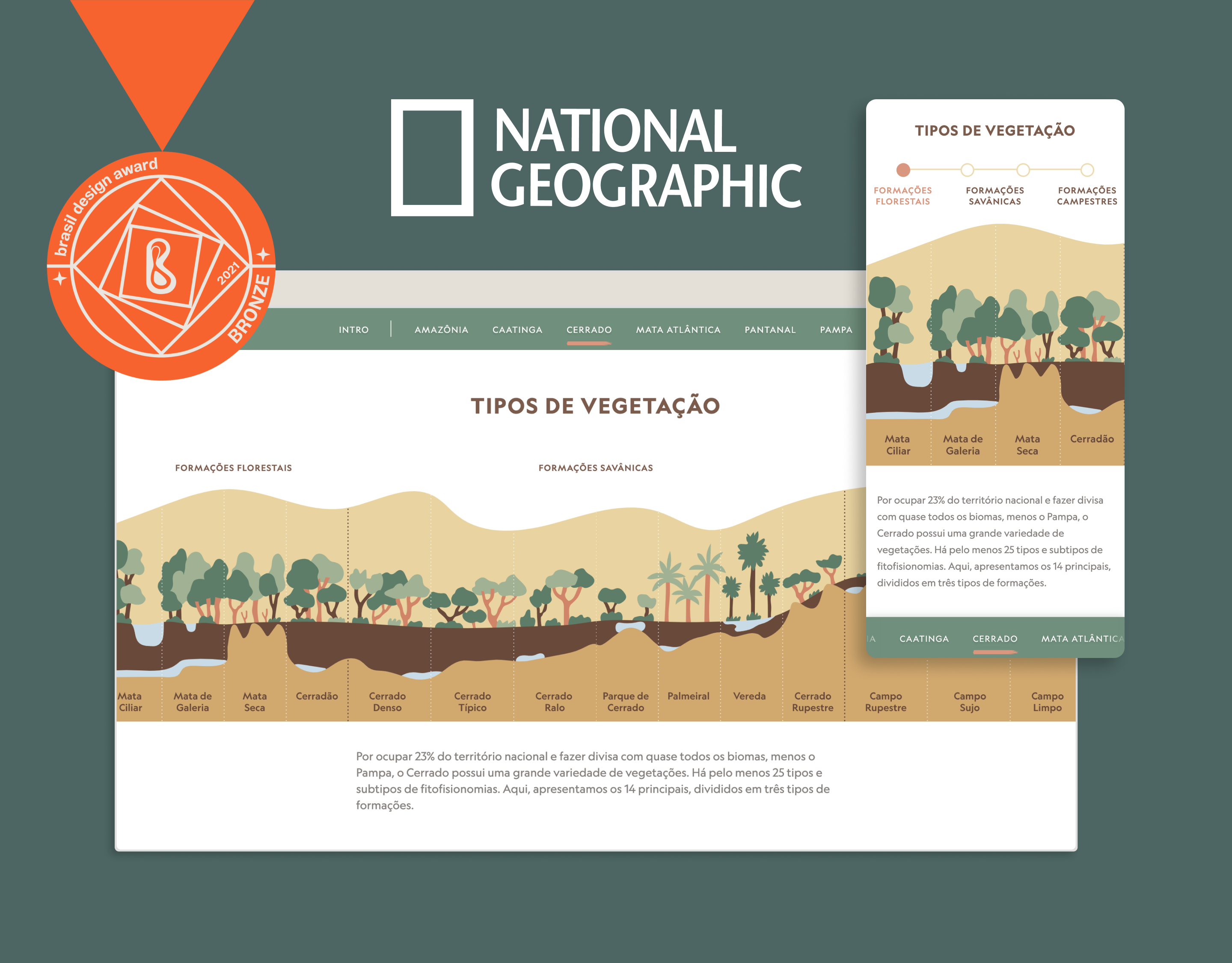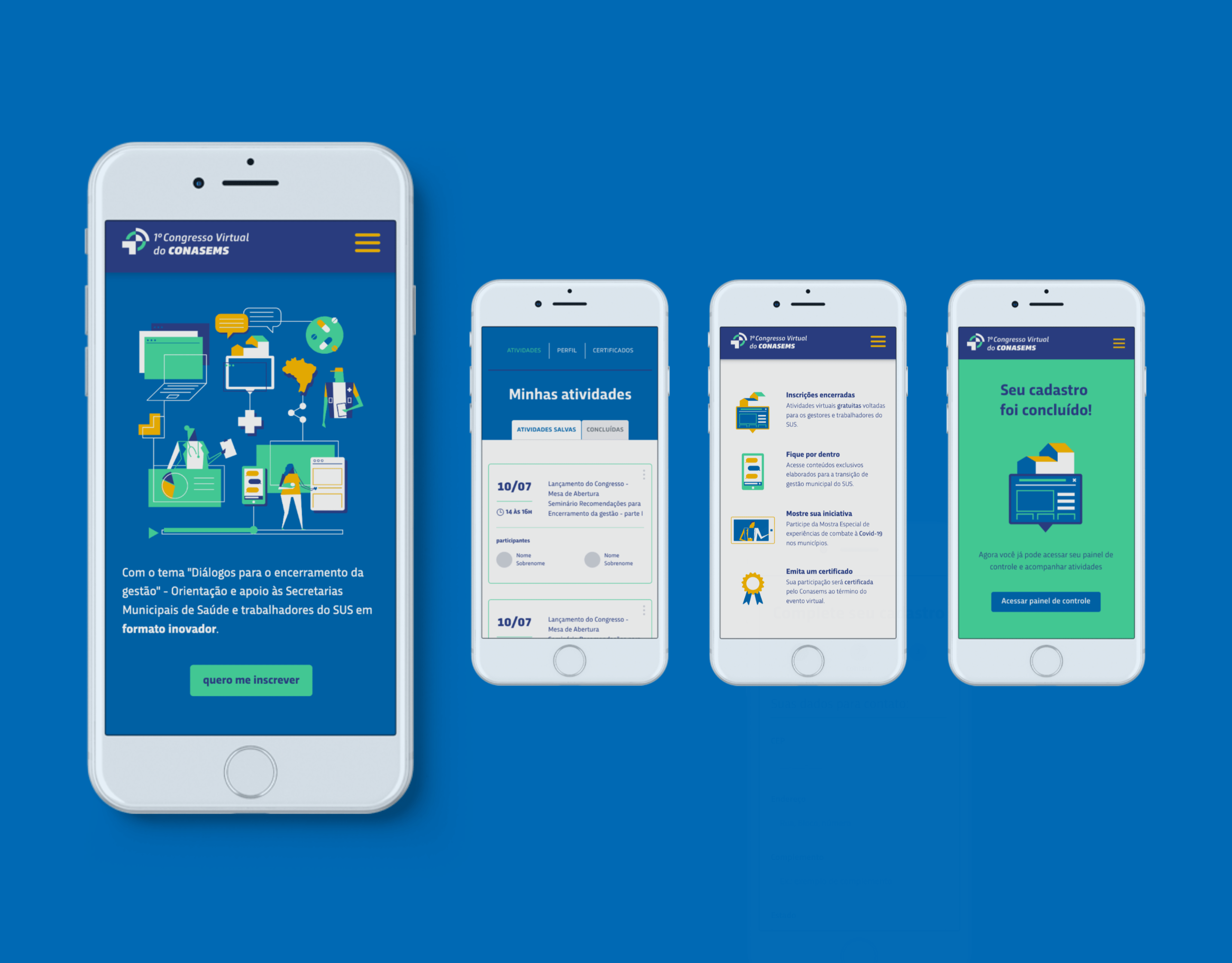National Council of Cities Health Departments
Who they are
The institutional representative of municipal management within the Unified Health System plays a crucial role in formulating and establishing agreements on public health policies. They provide training to city managers, ensuring the proper allocation of resources and enhancing healthcare services across Brazilian cities. Over the past 30 years, their efforts have been instrumental in transforming the Brazilian Unified Health System into a reality across all 5,570 cities in Brazil.
Briefing
To facilitate the support for municipal management within the Unified Health System, the council collaborates within a network alongside state representations of the secretaries. Effective dialogue hinges on a seamless exchange of information between these instances, a critical element for the successful implementation of public health policies.
The council initially utilized various communication channels, including email, groups, face-to-face meetings, and messaging applications. However, they encountered a challenge in the absence of a centralized communication platform where essential information could be securely stored for more enduring reference during consultations and discussions.
User interviews
After conducting interviews with six potential users of the platform to grasp their behavior, profiles, and the needs the platform could address, some key conclusions emerged:
• The majority of users demonstrated proficiency in adopting a new platform, particularly if it proved to be familiar and intuitive, given their regular access to and use of applications in their daily lives.
• Multiple users expressed concerns about tools that presented obstacles or complexities, which tended to discourage sustained usage. This underscores the importance of the new platform being straightforward and user-friendly.
• The interviews confirmed the significance of integrating a manager's schedule with document delivery, coupled with notifications. This feature was deemed important, not only for its potential time-saving benefits but also for streamlining work processes.
Other insights
• The information needed to be centralized on the platform.
• Creation of “private” discussion groups that are restricted to a few people, selected by a responsible person.
• Content “curators” would be needed. They would take care of the type of content, categorizing it to feed into different types of calendars.
• A marketing strategy would be necessary not only to attract users but also to keep them using the tool.
User education is very important. In one of the state councils that had a forum, supporters could only discuss through the forum, with few exceptions.
• Creation of “private” discussion groups that are restricted to a few people, selected by a responsible person.
• Content “curators” would be needed. They would take care of the type of content, categorizing it to feed into different types of calendars.
• A marketing strategy would be necessary not only to attract users but also to keep them using the tool.
User education is very important. In one of the state councils that had a forum, supporters could only discuss through the forum, with few exceptions.
Desk research
Following the briefing and interviews, we embarked on a search for similar open-source tools. The research aimed to assess functionalities and explore the potential utilization of pre-existing tools, driven by a persistent concern for cost reduction.
Upon conclusion, we determined that, given the specific needs of the council's ecosystem, it would be more advantageous to develop the tool from the ground up. This decision came from the necessity for seamless integration with various other products under construction. While it implies additional work in the initial stages, the anticipated long-term benefits include greater control and efficiency, ultimately saving time and resources down the line.
Journey mapping
Following an examination of the previous situation in council communication, we initiated the process by crafting user journeys that highlight the key actions of the platform. This was done to gain insights into the potential utilization of features and to comprehend the navigation flow within the platform.
Low fidelity prototype
Due to the limited testing timeframe, our approach was to incorporate references from well-known communication tools such as Facebook, WhatsApp, Twitter, and forums. We developed prototypes that underwent testing and validation with the council team, representing a subset of the intended platform users, prior to the MVP launch.
High fidelity prototype and usage
The platform was conceived as a social network, providing a space for health managers to engage in discussions on specific themes organized into topics, resembling a forum structure. These discussions could occur on a national level or be filtered based on individual states and cities. This design was tailored to align with the demands of the network composed of the council, state councils, and city managers.
Forums
The forums serve as a platform to foster discussions among health managers. They are primarily categorized into national forums where participants from all states can view and interact, and state forums where interaction is limited to members of the National Council and the specific state.
Within this section, users can create both open and private topics. Features include the ability to search for topics by term, respond to fixed posts or any replies, attach files, embed videos or links, edit or delete comments, view, export, and add members to private topics.
Educational content
Interactive content designed for manager training was introduced with the initial release, featuring the primary publication of the council, namely the Municipal Health Manager's Manual. This functionality enables users to monitor their reading progress, navigate seamlessly between chapters, and efficiently search for specific content terms.
Control
The control section provides essential functionalities, including the ability to create groups and send batch messages. This proves crucial for disseminating important announcements from the council efficiently. Moreover, these groups can be utilized within the forum to extend invitations to individuals for private topic discussions.
Calendar
Exclusively editable by the National Council, the calendar facilitates two distinct types of scheduling: the setting of reminders for document submissions related to health management and the scheduling of events and manager meetings. Additionally, calendar appointments can be configured to be visible only to a specific, restricted group of individuals.
USER LEVELS
The platform incorporates various user levels with differing access privileges. Council administrators, in broad terms, have unrestricted access to all contents and possess editing capabilities. Assistants hold minor access responsibilities, while supporters are tasked with recruiting users from their respective states, actively participating in discussions, and serving as a liaison between users and the Council.
Results
The platform successfully garnered over 1,500 registered users nationwide, contributing to the development of a comprehensive database for the network and fostering active participation in discussions.
Notably, the forums and control sections emerged as the most frequently utilized features. Discussions within pre-defined groups, particularly in private topics, dominated the forum interactions.
The council now possesses full control, leveraging the platform to disseminate batch email messages to predefined or customized groups, a pivotal element in their communication strategy.
The success of this product development has inspired us to consider further enhancements for council communication, specifically a system to organize and manage the entity's congress.
Internally and externally, the impact of our work on the Council has been significant. The proactive, relevant, and current nature of the Council's performance is now reflected in communication practices and has resonated with employees. Additionally, the Council has gained legitimacy within the sector, occupying spaces that were previously out of reach, including recognition in the press.




